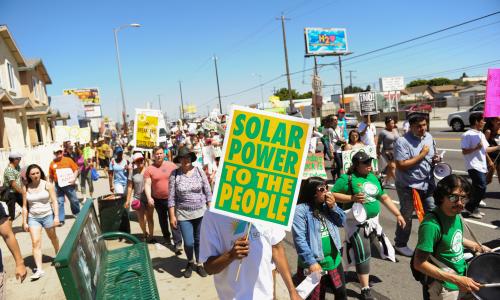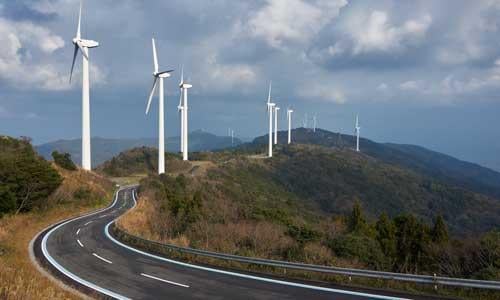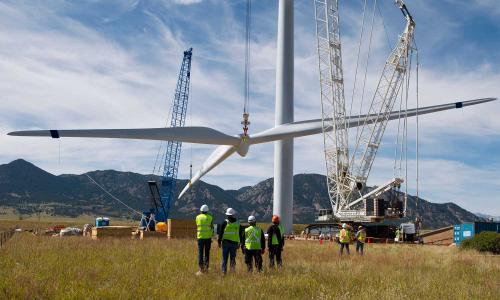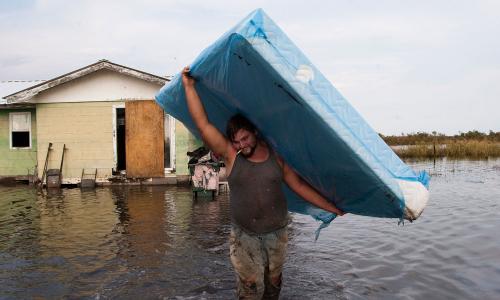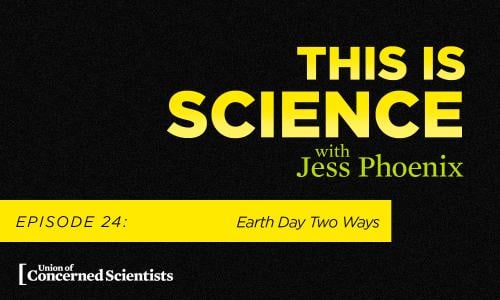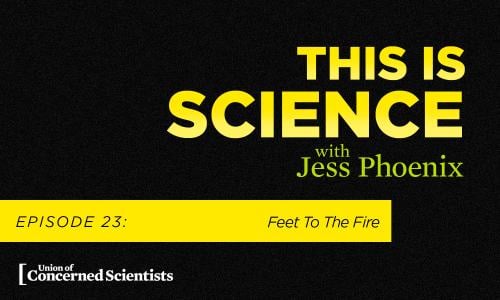Table of Contents
We need to act now.
Climate change is one of the most challenging problems that humanity has ever faced. At stake are hundreds of millions of lives, innumerable species and ecosystems, the health and viability of the economy, and the future habitability of this planet.
Fortunately, climate change is solvable. We have the technologies. We have the science. We now need the leadership—and the courage to change course.
Cut emissions
Carbon dioxide and other heat-trapping gases are the main drivers of global warming. While climate change cannot be stopped, it can be slowed.
To avoid the worst consequences of climate change, we’ll need to reach “net zero” carbon emissions by 2050 or sooner. Net zero means that, on balance, no more carbon is dumped into the atmosphere than is taken out.
To achieve net zero emissions, we need a massive transformation in how we produce and consume electricity. We need a newer, better transportation system. We need to stop deforestation. We need a climate-friendly agricultural system.
The scale of these changes will require significant federal policy that puts a price on carbon. It also requires international cooperation: the Paris Agreement, signed in 2016, reflects the world’s best effort to solve climate change so far, though it doesn’t include the emissions reductions we need.
Much remains to be done—and we need to do it as quickly as possible.
Build resilience
No matter how quickly we reduce emissions, the reality is that certain climate impacts are inevitable. The seas are rising. Temperatures break records every year.
Droughts, floods, and extreme weather are damaging communities today.
Cutting carbon is the only long-term solution for avoiding climate impacts. In the short-term, we need to adapt. That means everything from discouraging development in high-risk areas, to planning for water scarcity, to building more resilient cities and communities. Investments should be scientifically sound and socially just, and focused where the impacts are greatest—often in low-income communities and communities of color.
Fight disinformation
For years, media pundits, partisan think tanks, and special interest groups funded by fossil fuel companies have raised doubts about the truth of global warming.
These contrarians downplay and distort the evidence of climate change, lobby for policies that reward polluters, and attempt to undercut existing pollution standards.
This barrage of disinformation misleads and confuses the public about the growing consequences of global warming and makes it more difficult to implement the solutions we really need. Until the influence of these special interests is sufficiently diminished, climate action will be that much harder.
Remove carbon dioxide
To reach net zero emissions, we need to do more than just reduce our emissions: we need to actively remove carbon dioxide from the atmosphere or offset its effects.
The easiest way to do this is by planting new forests (afforestation) or restoring old ones (reforestation). Other enhanced land management practices can help, as can new technologies that suck CO2 out of the air (“direct air capture”), or prevent it from leaving smokestacks (“carbon capture and storage”).
Scale, speed, and cost are the main barriers to all these technologies and approaches. In the United States, strong state- and federal-level policies—and large-scale investment in research and development—are crucial.
Act
The best policy ideas in the world aren’t worth much if we don’t have activists, experts, and everyday people fighting for change. From school groups to churches; from corporate boardrooms to mayors and local leaders: we need action.
The Union of Concerned Scientists has worked on global warming solutions for over 30 years. Our experts and activists are campaigning to cut emissions from the energy and transportation sectors; highlighting climate impacts; and fighting for accountability from major fossil fuel companies. You can help.
